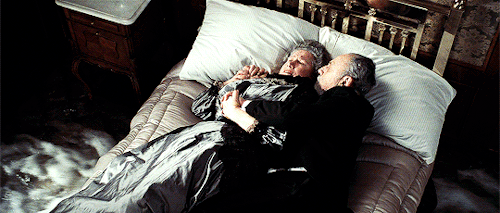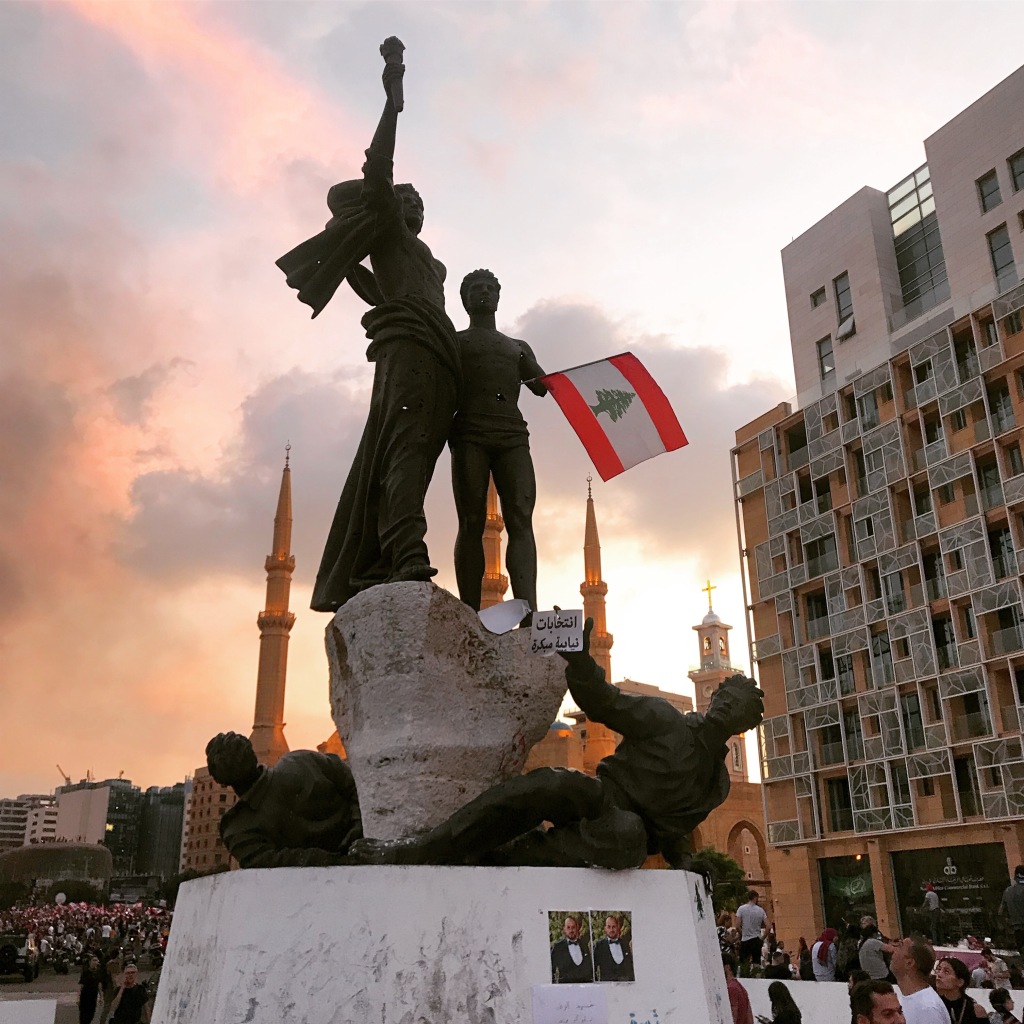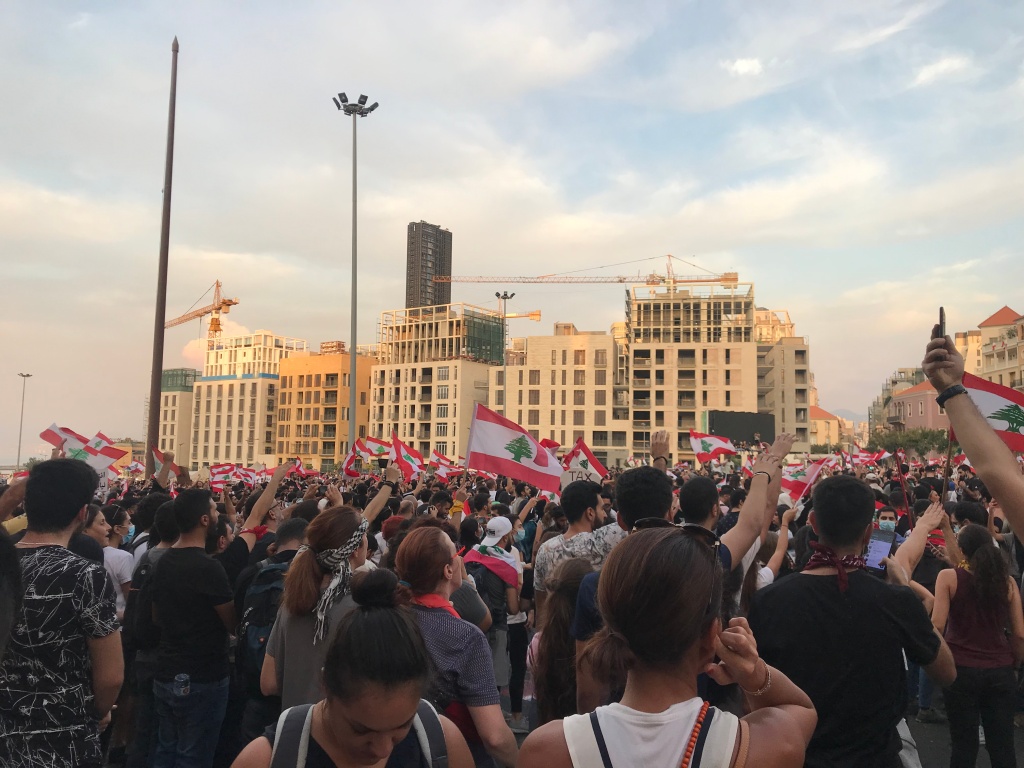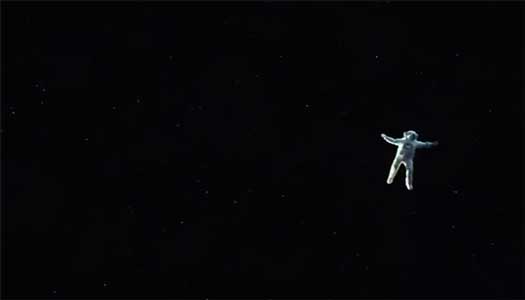
As of the end of March 2023, I’d officially been in California for 2 years. Since I first landed in 2021, I kept seeing mentions of The Lonely City: Adventures in the Art of Being Alone by Olivia Laing pop up in Instagram comments or Twitter replies whenever someone asked for book recommendations, especially in relation to Los Angeles. In the book, Laing analyzes her own solitude in NYC through the work of artists (like Andy Warhol and Edward Hopper) who have also experienced a form of loneliness in their lives. I promised myself that I’d read it while living there and I finished it just before my one-way flight back to Beirut. As someone who had left a shattered Lebanon in search of some refuge and boredom, the Valley of SoCal was a good decision when I made it. It was supposed to be a launchpad for the next move but the problem was that, as the restlessness began building after 18 months, I still couldn’t figure out where I was supposed to go if that somewhere else wasn’t Beirut.
At that point, I was afraid to go back to Beirut because of the hole I was in in 2021 just 6 months after the city was blown up. The disconnect that only a 10-hour time difference can provide was helpful. I’ve repeatedly said that California is on its own axis, far away from everywhere, even itself. At first, this was a good thing. I needed the distance to climb out of that hole I was in. I needed to not be able to tap into the daily madness that Lebanon had become and it still took months to let go of the urge to stay plugged into Lebanon’s heartbeat. What I didn’t know though was that I had gone from one extreme to another, trading the isolation of COVID for the isolation of suburbia. By the time I finally came up for air, I had morphed into a hermit who rarely ventured outside the safe zone of the pastel suburbs of Edward Scissorhands. My part-time job at a wine shop 30 minutes away became the only thing that would force me out of the stucco & beige, cop-loving town a few times a week.
I wanted very much not to be where I was. In fact part of the trouble seemed to be that where I was wasn’t anywhere at all. My life felt empty and unreal and I was embarrassed about its thinness, the way one might be embarrassed about wearing a stained or threadbare piece of clothing. I felt like I was in danger of vanishing, though at the same time the feelings I had were so raw and overwhelming that I often wished I could find a way of losing myself altogether, perhaps for a few months, until the intensity diminished. If I could have put what I was feeling into words, the words would have been an infant’s wail: I don’t want to be alone. I want someone to want me. I’m lonely. I’m scared. I need to be loved, to be touched, to be held. It was the sensation of need that frightened me the most, as if I’d lifted the lid on an unappeasable abyss.
Olivia Laing, The Lonely City
When I would try to schmooze at gatherings and house parties, I was an insecure alien. I hadn’t perfected my elevator pitch when meeting new folks but I stopped saying I had moved over from Beirut to avoid being put in a predetermined box. I only felt understood around others like me who had come from some other “broken” place like my colleagues who came over from El Salvador, another colleague’s father who had left Argentina over 50 years ago, my favorite wine shop customer from Nigeria, or my Lebanese/Arab friends who didn’t #livelovebeirut their way through the idea of their homeland. It wasn’t just about being hyphenated, it was about knowing another version of yourself that you’d have to leave behind every time you chose America as a place or identity.
…Loneliness is hallmarked by an intense desire to bring the experience to a close; something which cannot be achieved by sheer willpower or by simply getting out more, but only by developing intimate connections. This is far easier said than done, especially for people whose loneliness arises from a state of loss or exile or prejudice, who have reason to fear or mistrust as well as long for the society of others.
Olivia Laing, The Lonely City
I once wrote about how my friend, Dyala, said she wanted to hug the walls before leaving Lebanon and while in suburbia, I kept thinking about those walls, how I missed them and how they defined and confined me. I worried that I had been institutionalized in the way described by Morgan Freeman’s character in Shawshank Redemption because I could relate to Brooks, the old man who couldn’t plug back into society after 50 years in prison. In a letter to his former inmates, he writes, “I’m tired of being afraid all the time,” before he ends his life on the outside. I did not reach that level of desperation to escape my situation but I knew that feeling of being alone in a place that I hadn’t caught up with. I didn’t feel inferior, I felt angry that this version of a country was lauded as the gold standard with its poor healthcare, lack of community, and shitty tomatoes. I shrunk and avoided dealing with people because I’d frequently find myself reciting an autobiography instead of just talking about my weekend. I was a small fish in a disgusting, freshwater pond dreaming about the salty Mediterranean. And then again, I’d wonder if that irritability was because Lebanon had institutionalized me. Perhaps I had waited too long to get out.
I knew suburbia wasn’t it for me but I was scared about returning to Beirut and what that would mean. In her piece on why we don’t live near our friends when it can do so much good for our well-being, Anne Helen Petersen writes, “it’s worth thinking about the stories we tell ourselves, the excuses we embroider, when it comes to not doing the things we’d really like to do.” I had created this internal pressure to make it work and that if I didn’t, leaving the “functional” ghirbeh (foreign land) meant I wasn’t independent, strong, or capable. Where did this come from? What was I trying to prove and to who? When I go back and I read this essay I wrote a year ago, I remember that when I published it, I thought I had begun to accept my new chapter in California. When I read it now however, I see that none of the emotions went away, they just got louder until I didn’t want to fight them anymore.
In the now-paywalled Aanab News December 2022 newsletter, I wrote about a heart-to-heart I had with my close friend while visiting her in Boston:

Where did this demonizing of the comfort zone come from when that’s what we are all striving to recreate in another time zone?
Upon visiting Beirut the summer before this happened, I felt a shift in the country and not because fantastical summers in Lebanon are the peak of our collective delusion. In one day, I saw 6 different friends in intervals from the same coffee shop booth and that was more social activity than I had had in 6 months (or more) in California. On one rotation in that booth, I caught up with Mikey, master of all random social ceremonies and afikra, and he pointed out that the musical chairs I was playing would naturally diminish the more time I spent bil ghirbeh and I remember thinking, I can’t let those spinning social hula hoops drop in exchange for Panda Express orange chicken. When I saw my friend, Lilian, for coffee on one of my last evenings, she said a sentence that now sits behind my corneas affecting everything I see. She told me that I commit so strongly to my decisions but not everything has to be big, permanent, and final.
“They can just be one way until they’re not,” she said.
But still, after this quick aperitif of sticky heat and mosquitoes, I headed back to LA. Every time I left the U.S. in those two years, it felt like my cat, Penny, was the main motivator pulling me back west but, deep down, I wasn’t ready to fully ditch it yet. I convinced myself that what I was feeling about Beirut was an illusion and I couldn’t let her seduce me. I wouldn’t let her pull me back into her rib-crushing embrace. Any time I had felt that tug of homesickness while away, I’d beat it with right hooks of rationality: don’t fall for the facade of glorified dysfunction, don’t let that nostalgia seep through the cracks, don’t romanticize what is still rotting. Still, the bemro2 3aleike (I’ll pass by) behavior that is quintessentially Beirut haunted me for months after that summer visit. I kept thinking about the utter ease of company, the walls I could lean on – were they solid enough to go back to or would they fall in on me as soon as I felt safe again?
Loneliness as a desire for closeness, for joining up, joining in, joining together, for gathering what has otherwise been sundered, abandoned, broken or left in isolation. Loneliness as a longing for integration, for a sense of feeling whole.
Olivia Laing, The Lonely City
Just like with leaving Beirut, I needed to reach the decision of leaving California in my own time. By January 2023, I was at peace with the tradeoff I was actively choosing: swapping the convenience of things for the convenience of people.
None of this is to say that Lebanon is getting better, it has shifted to a comfier couch but it is still stagnant. The lucky few have adapted and the most vulnerable must submit to a dollarized economy. I’m not saying I’m here because things have been resolved or because there are even hints at a recovery plan. I came back because I didn’t want to be there anymore. That’s all I knew for sure. However, there have been moments where I’m driving down Manara or running my hands through a wall of flowers or bumping into 3 people across one afternoon that I feel like my heart’s going to pop out of my throat because I’m so happy to be here. Then I catch myself, mentally pause, and hunch inwards to contain it because I’m scared this high is going to slip away, because I want to brace myself for its inevitable end. I haven’t figured out how to turn off this trauma response of robbing myself of my own joy for fear that it won’t last, that it may not even be real or deserved to begin with. There is so much guilt wrapped up in the privilege of being happy somewhere like Lebanon.
This week, my dentist asked me, “what have you done?!” and not about my teeth but about how I had no exit or return ticket booked. I’m used to people not agreeing with Lebanon as a valid choice. When Anthony Bourdain, patron saint of the epicurious, returned to Beirut after being evacuated in 2006, he asked, “am I wrong to love this place?” I know things are bad but I have a new appreciation for the good I lost sight of in 2020. As the precarious situation continues, I can only sum up my feelings as simply as he did,
“In spite of everything, I love it here.“
Anthony Bourdain on Beirut
It’s been almost 3 years since the Beirut Port Blast but still, when I walk though Gemmayzeh and Mar Mikhael now, I ask myself every few steps, would I survive in this spot if the Port blew up right now? I nonchalantly accept this conscious awareness of sudden death (also known as PTSD?) in the streets of Beirut but when I would think about death in California, I was laughed at for being scared of anything given where I grew up. My greatest fear when I left was that, in an emergency, I’d need around 25 hours to travel back to Beirut for what could only be a nightmare that I might miss by the time I land. I have thought about death a lot in the last 5 years and when I was on the other side of the Atlantic, two unrelated friends from Beirut close to my age passed away unexpectedly just 4 months apart. Although I regrettably wasn’t very close to either, their losses hit hard because they were reminders that every mediocre day I was spending in California was a day I was lighting on fire and tossing in the trash. I was burning a precious chunk of my own wick without knowing how much more of it was left. With all this consciousness around death, I hadn’t considered my own mortality in my move. Who said I wasn’t going to be the one in an emergency, 25 hours away? What I know now is that dying in a car crash or an earthquake or a fucking mass shooting at Albertsons was actually a fear of dying alone, of not being able to reach for the hands I needed to hold. After another holiday season solo, I didn’t want to keep throwing away the pages of my life, I wanted to be home.
And so, I’m here until I’m not and right now, here feels pretty good.




















